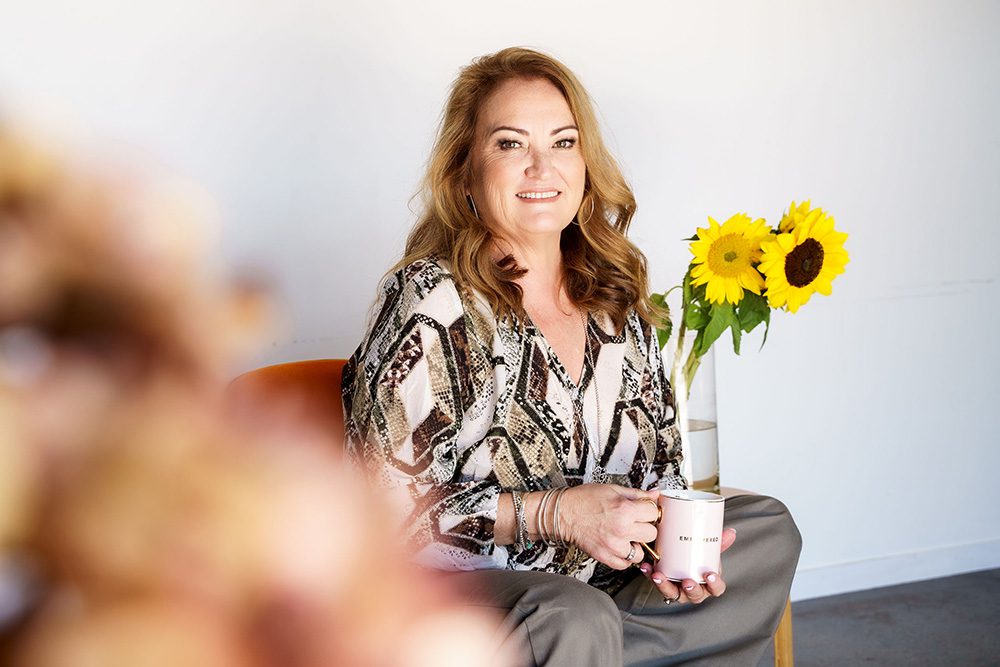This year’s World Health Day’s theme is ‘Our Planet, Our Health’. The celebration, on 7th April, will drive awareness of the importance of taking care of our planet, which will in turn take care of the health of its inhabitants.
An unhealthy planet increases the incidents of personal health issues such as cancer, heart disease, asthma and other respiratory diseases. This month, our focus is on two health areas that are often unintentionally ignored because, simply, it’s a case of outta sight, outta mind. Understanding the Silent Heart Attack and Caring for your Kidneys can put your health on the right trajectory.
The annual calendar of days of significance is jam packed with important reminders for us to stop and celebrate a culture, bring awareness to a cause or reflect on history, but World Health Day has to be the most meaningful movement in the calendar.
According to the World Health Organisation (WHO), air pollution kills 13 people every minute through heart disease, lung cancer and strokes. It’s a no-brainer that making the massive changes needed to repair the health of the planet will also improve the health of our food sources and ourselves.
The COVID-19 pandemic has proven catastrophic with over a million registered deaths and global extreme poverty rising in 2020 for the first time in over 20 years and the world bank estimating around 97 million additional people living in poverty due to the pandemic.
Conversely, there have been significant environmental benefits to our precious planet.
The International Institute for Sustainable Development has released a report detailing how the COVID-19 pandemic has amplified serious systemic problems in our ineffective global environmental policies and how our personal health is inextricably linked to the health of the planet.
It has also highlighted social and economic inequalities and weak healthcare systems. The report underscores the urgent need for policymakers to create greater synergies and a common platform with linked policies between biodiversity, climate and investment in health as only a co-operative approach will enable us to rebuild our communities.
Sadly, that is not going to happen on a global scale, but if we could work on a regional approach, taking into consideration our low income neighbours, we could be on track to secure the planet’s health, along with our food sources and ultimately our own.
In an interconnected world, if some of us are sick, then we are all sick, or at least the risk is much greater. Only a collaborative agenda will renew the planet and our collective health.
If we want to protect our health, we must protect our planet. We must take action to reduce greenhouse gas emissions, clean up pollution, and conserve resources. We must also work to build resilient communities that are prepared for the challenges of climate change.
On World Health Day, let us all commit to safeguarding our planet and our health.
The # for this year’s WHD is #HealthierTomorrow – use it generously.
Lindy x








